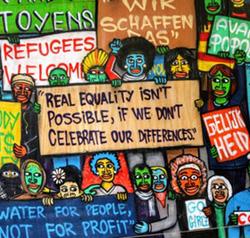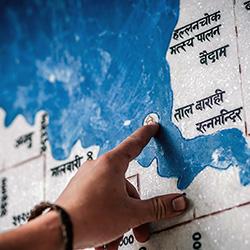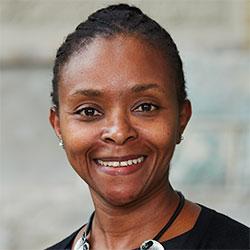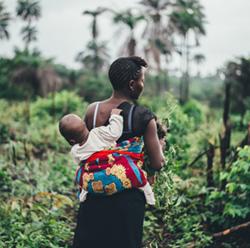
Migration and Sustainable Urban Development
Migrants, internal and international, move to urban areas and to smaller municipalities where they bring diversity but also connect localities within and across state borders. A key message from the World Migration Report 2015 is that urban partnerships among, for instance, migrant groups, local governments, civil society and the private sector are central to addressing the challenges and optimising the opportunities presented by the growing trend of migration towards cities.
This comparative project focuses on how cities receive and prepare for immigrants, including persons of varying legal statuses, and the effect on local and regional development. Comparative studies across Mistra Urban Futures local platforms in Gothenburg, Skåne and Kisumu aim to understand the challenges and opportunities that migration presents in the face of sustainable urban development.
The project addresses migration and urbanisation from an integrated perspective. As migration studies and urban studies generally are treated as two separate discourses, Mistra Urban Futures has the opportunity to contribute to a new research direction. Here, aspects of sustainable spatial transformation and urban governance as well as constraints of urban-rural development, are seen through the lens of migration.
Cross-cutting transformative themes
The project draws on existing knowledge within each platform and contribute to new knowledge production across the platforms. Based on the existing local projects and the group discussion held in Malmö in May 2018, four cross-cutting transformative themes were identified as a possible way to build a structure of comparison. The themes are located in terms of being transformative agencies, providing four different lenses through which to study and reflect on the already ongoing research projects of migration. As the project develops over time, new place specific projects could also be developed along these themes as such. All four themes are transformative in the sense that they are both productive, as they produce situations and circumstances for integration, as well as they will produce possible new results and outcomes of actions of migration and integration.
Transformative territories:
Implies a re-territorialisation of integration. Within this theme, territories are regarded as both productive in terms of creating conditions for integration and further urban development, as well as products themselves of social practices related to migration and integration.
Transformative practices:
Implies that alternative, and/ or organically developed practices could contribute to inclusion at a local level. This theme would for example address the notion of tourism addressing diversity and place development as a trigger for social and economic inclusion.
Transformative collaborations:
Implies that new types of collaborations are needed to address the challenges and harvest the opportunities which arise in cities’ reception of international and internal migrants. It also implies collaboration cross sectors, silos and cities, but also the transformation of the role of civil servants in respect to migration and integration activities.
Transformative language:
Implies that language has a performative role and reflects upon how and what language that is used when addressing migration in relation to urban development.
Activities
At this point, one joint publication between the Gothenburg and Kisumu platform is underway and a potential article has been identified at the intersection of two on-going research projects at the Gothenburg and Skåne platform respectively.
On the side of joint research applications, one big success resulting from the Migration and Sustainable Urban Development knowledge alliance consolidating is the FORMAS funded research project TiMS (The role of tourism in multicultural societies – adding to stereotypes or contributing to diversity?). This is a collaboration between researchers from Malmö University and Gothenburg University. TiMS includes further one researcher from the Mistra Urban Futures Platform in Kisumu, and one support role in Transdisciplinary research from Mistra Urban Futures. The programme is financed with SEK 15,5 million and has a duration of four years, until the end of 2022.
In connection to Mistra Urban Futures Realising Just Cities Conference in Kisumu 2017, Dr. Caroline Kihato held a keynote speech on the theme of translocal urban lives. Watch her speech.







